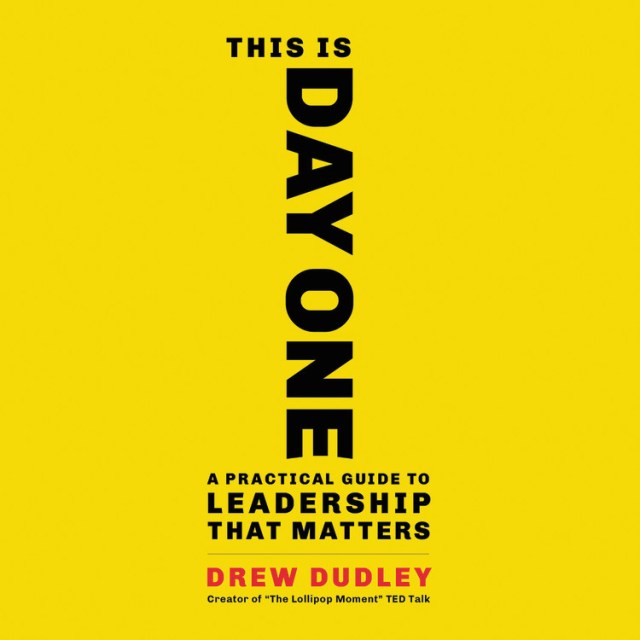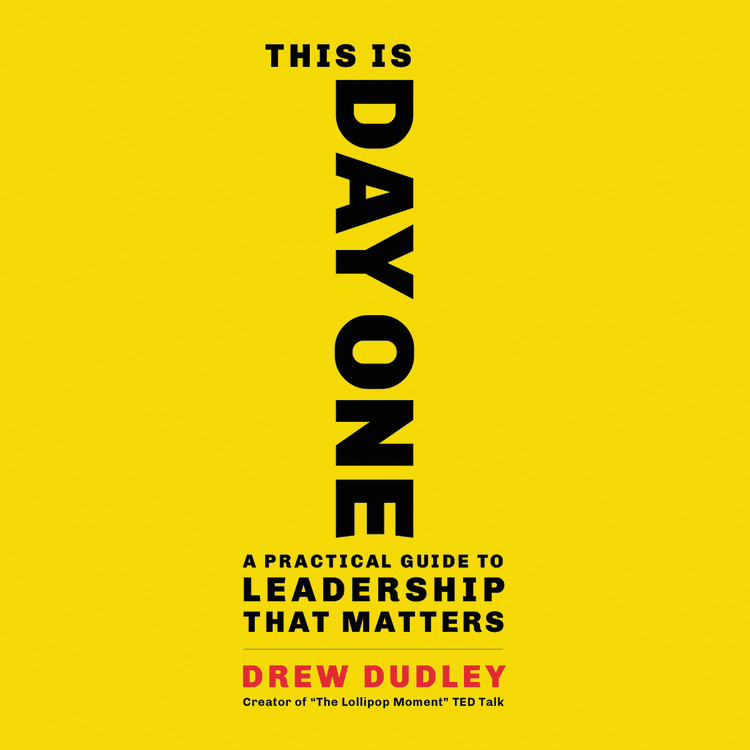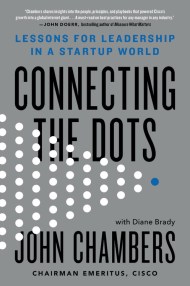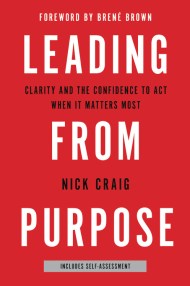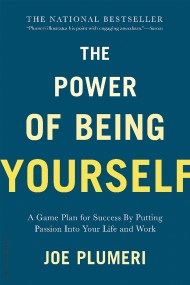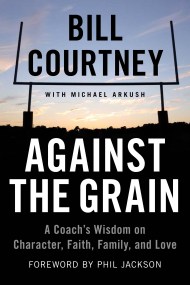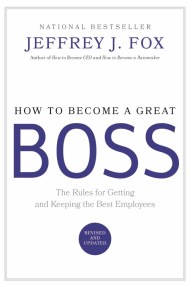By clicking “Accept,” you agree to the use of cookies and similar technologies on your device as set forth in our Cookie Policy and our Privacy Policy. Please note that certain cookies are essential for this website to function properly and do not require user consent to be deployed.
This Is Day One
A Practical Guide to Leadership That Matters
Contributors
By Drew Dudley
Read by Drew Dudley
Formats and Prices
- On Sale
- Aug 21, 2018
- Publisher
- Hachette Audio
- ISBN-13
- 9781549169915
Price
$24.99Format
Format:
- Audiobook Download (Unabridged) $24.99
- ebook $10.99 $13.99 CAD
- Hardcover $36.00 $46.00 CAD
- Trade Paperback $18.99 $23.99 CAD
This item is a preorder. Your payment method will be charged immediately, and the product is expected to ship on or around August 21, 2018. This date is subject to change due to shipping delays beyond our control.
Buy from Other Retailers:
If you’re intimidated by the mystique surrounding leadership, this book is for you. Dudley simplifies leadership without denying its complexity, demonstrating that leadership in all its forms begins at the same clear and accessible place for everyone: what he calls “Day One.”
Day One is when you discover, define, and start to consistently deliver on your foundational leadership values. Living that day over and over is what creates leaders, and Dudley provides the key tools necessary to craft and commit to your own personal Day One, including:
Sharing the process that led him through battles with alcohol, obesity, and personal tragedy, Dudley shows you how to develop a relentless commitment to the daily behaviors that will make you a better executive, coach, or teacher, and how you can inspire others to do the same.
Most of the leadership on the planet comes from people who don’t see themselves as leaders. This Is Day One shows you how to start changing that. Through the insights of leaders of all types — CEOs, elite athletes, cab drivers, custodians, and everyone in between — Dudley helps you understand what your Day One needs to look like, reminds you why you’re a leader, and makes clear what you can do about it–starting today, on Day One.
-
"I have a problem with most leadership books. They scream from mountaintops. They quote superstars. And the authors play the role of preacher on a pedestal. But Drew Dudley is different. The pedestal has been kicked away. The superstars replaced by everyday people. And what shines through? The magical wisdom of life-changing stories on how we can be better people and live better lives. This isn't a why book. It's a how book. You already know leadership matters. Now here's how to do it."Neil Pasricha, New York Times bestselling author of The Book of Awesome and The Happiness Equation
-
"Everything you thought you knew about leadership could be wrong...[This Is Day One] demonstrat[es] that leadership can be found inside all of us."Forbes.com
-
"Drew Dudley is one of the greatest leadership experts of our time. If ou care about accomplishing your goals and unleashing your fullest potential, this book is written for you. Dudley provides true stories, genuine insights, and clear strategies that will allow you to reach new levels of success and impact. Whether you're a CEO or recent graduate, you'll uncover incredible lessons that could transform your life."Shane Feldman, CEO, Count Me In
-
"If you're looking for a refreshing and new take on leadership, look no further than This Is Day One. It provides the reader with opportunities to implement its systems in everyday situations--from your interactions with a barista at your coffee shop to a meeting with your CEO. Dudley provides the reader with easy-to-understand stories, offering us tools we can adopt immediately. I recommend this book to everyone, from those just starting out their career to those in the C-suite."Melody Khodaverdian, VP Partnerships, Forbes
-
"This book is a game-changer. Drew Dudley cuts through the noise and explains what leadership really should be. This thought-provoking stories and candor will change the way you view your leadership, life, career, and relationships. Whether you're leading an executive team to an IPO or an elementary school class to pursue their dreams, This Is Day One will guide you through a leadership framework you can use to change your life forever."Derrick Fung, CEO, Drop Technologies, Inc.
-
"This Is Day One is a gem a book! Not only does Drew Dudley show us how we are all leaders in our own way, he outlines how to help ourselves and others recognize and operationalize leadership abilities. Most importantly, Dudley shows us how, in a few steps, we can make this world a much better place in which to live. This Is Day One is interesting, profoundly thoughtful, chock full of personal stories, and, above all, a pleasure to read. It will change you forever."Major General Erika Steuterman, USAF (retired)
-
"A deeply personal and inspiring guide for how to live and lead in a whole-hearted way. Drew Dudley offers practical but profound advice on how to live our best lives. He speaks to the emotional courage and honesty required to live in a meaningful way and to bring out the best in others."Annie Simpson, assistant director, Institute for Leadership Education in Engineering, University of Toronto
-
"After three decades spent in the fitness and franchise industry, I've had a courtside seat to personal leadership, and Drew Dudley has provided the blueprint in This Is Day One. Whether it's your business, your family, or your health, you can't lead others until you lead yourself. Start building a better life right now by reading this book on your Day One!"Chuck Runyon, CEO, Self-Esteem Brands: Anytime Fitness & Waxing in the City
-
"Drew has a talent for making leadership accessible to everyone. His writing leaves you feeling empowered to lead in the simple moments by using personal strengths and values to navigate the spaces where you live and work. The relatable stories and insightful leadership lessons throughout This Is Day One make it a pleasure to read. It would be a perfect addition to any personal, educational, or organizational leadership curriculum."Dr. Amy C. Barnes, senior lecturer, Higher Education and Student Affairs, College of Education and Human Ecology, The Ohio State University
-
"This Is Day One focuses on the leaders within each of us and reminds us that each interaction, each accomplishment, and each day is paramount in growing as a leader, both now and in the future. Drew Dudley provides the essential steps to not bask in the virtues of a chosen few elite leaders but rather celebrate the influence and impact each person has as a leader--today! A must-read for those looking for how to lead in a way that inspires hope and change."Dr. Matthew Ohlson, Tay,lor Leadership Institute, University of North Florida
-
"Your leadership journey starts here. Practical, inspiring, and raw, Drew Dudley provides honest stories and concrete mental models that are valuable for everyone. This Is Day One will redefinie how you think about leadership and provide you with the essential tools to feel and act like a better leader--today and every day."Satish Kanwar, VP of Product, Shopify
-
"This Is Day One is for anyone who wants to improve their practice of leadership. Dudley is a wonderful storyteller as he walks you through a process that achieves in a book what I hope my students glean in a semester: how to be a reflective leadership practitioner. I appreciate how Dudley does not confuse leadership (the process) with leader (the person), for when we only focus on the latter we forget the most important part of the former: the others involved. Dudley is constantly reflecting on his impact on others, and I hope this book encourages others to do the same."Dr. Tara Widner-Edberg, Lecturer of Leadership Studies, Iowa State University
-
"The stories in This Is Day One show that leadership is a daily commitment. It's not about extraordinary accomplishments or intimidating job titles, but a consistent reinforcement of what we believe in. We need to choose to be leaders on a daily basis, every day, for the rest of our lives. Drew Dudley's own story illustrates the power of such choices, day in, day out....This Is Day One will help you be principles, consistent, and surprise you with just what you're capable of."Wojciech Gryc, CEO, Canopy Labs
Newsletter Signup
By clicking ‘Sign Up,’ I acknowledge that I have read and agree to Hachette Book Group’s Privacy Policy and Terms of Use
